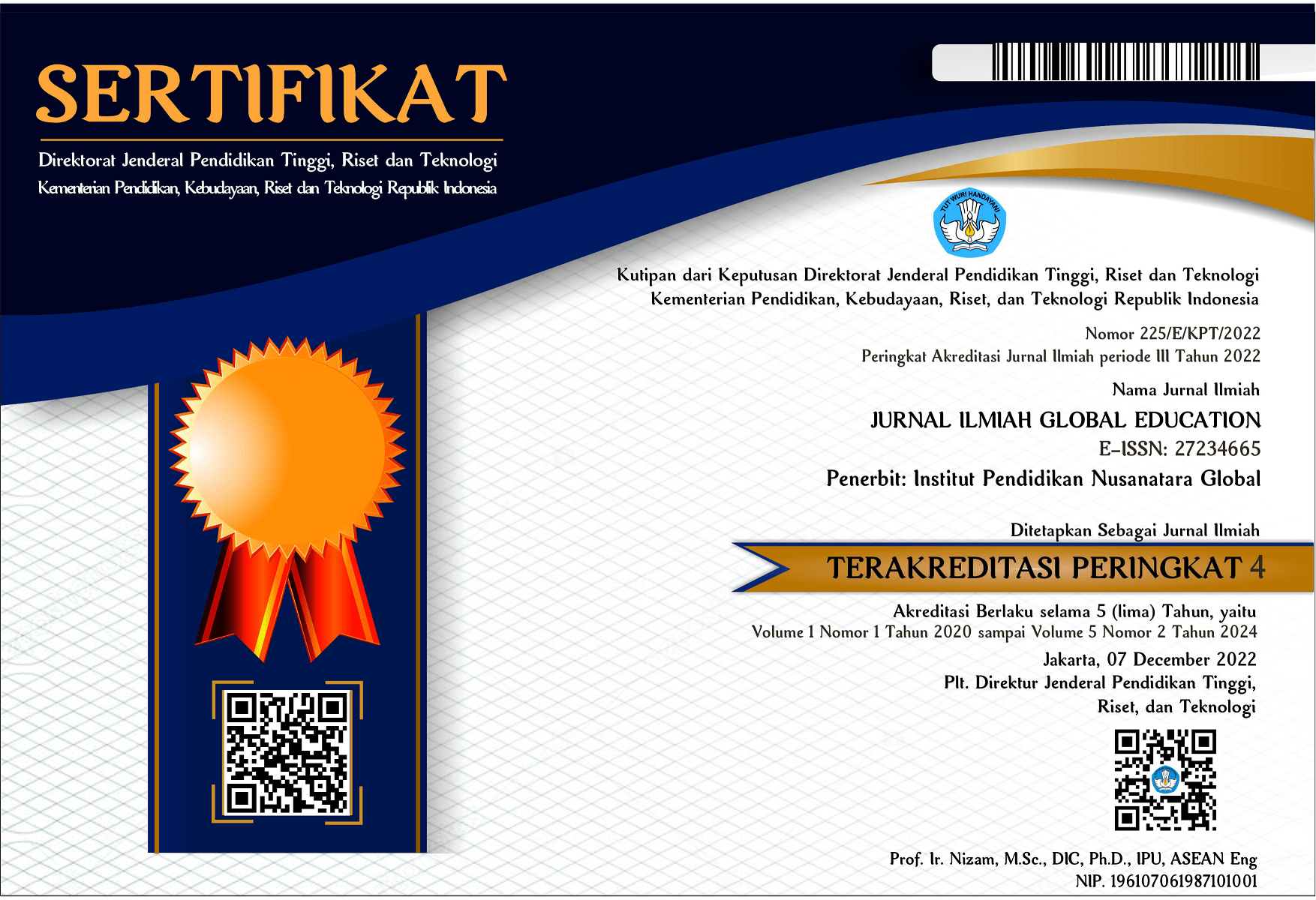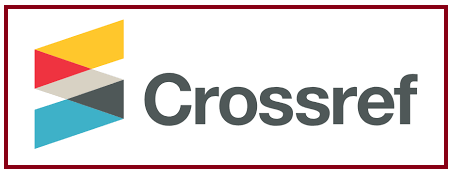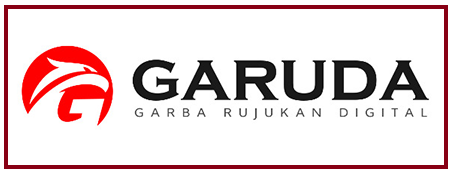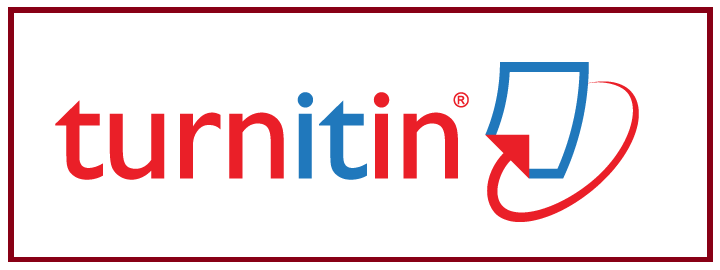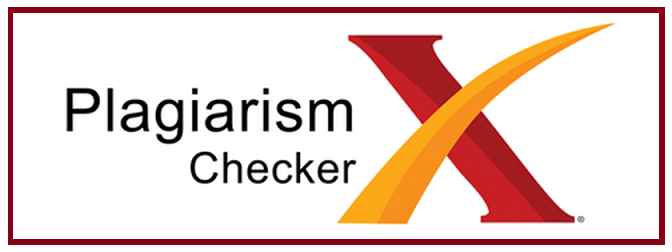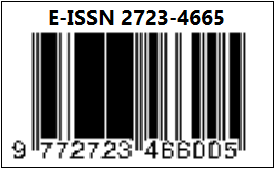META-RESEARCH OF KOMUNITAS PENGKAJI KOMUNIKASI: MAINSTREAMING ALTERNATIVE FIELDS AMIDST INDONESIA COMMUNICATION ACADEMIA
DOI:
https://doi.org/10.55681/jige.v4i4.1444Keywords:
Communication Studies, Alternative Studies, Academic Freedom, Communication Research Community, MetaresearchAbstract
This research recommends meta-research as one of propitious research methods in mainstreaming the alternative fields amidst Indonesia’s communication academia. Our thesis came from the scrutiny of Komunitas Pengkaji Komunikasi (KPK) intellectual activism. It questioned and intervened the lacking alternative fields within Indonesia’s communication scholarships. We analyzed 48 documents from varying of KPK’s research publications related to the epistemological cues for knowing the verstehen worldview of KPK’s intellectual craftsmen. Harnessing Miles, Huberman & Saldana’s interactive analysis method, our findings reiterated on how KPK alternative fields development had embraced unorthodox research outputs. KPK also had closely enquired an inclusive interparty collaboration. KPK also enforced the research and advocacy endeavours. Yet reflecting from 48 document findings, we expected for more rigorous literature studies of the extended field of interests. We end by calling for larger Indonesian communication scholars to enforce field diversity against the saturated fields, likened to what KPK has endured insofar.
Downloads
References
Adiprasetio, J. (2019). Perkembangan ilmu komunikasi di Indonesia: Instrumentalisasi kuasa hingga mekanisme pasar. Jurnal Pemikiran Sosiologi, 6(2), 124–149. https://doi.org/https://doi.org/10.22146/jps.v6i2.51583
Adiprasetio, J. (2023). Komunikasi dan kuasa: Sejarah pengkajian dan ilmu komunikasi dalam diskursus epistemik Indonesia. Cantrik Pustaka.
Antoni. (2018). Local identities versus globalization of science and academic.
Antoni, Alfira, N., & Handayani, S. (2017). Studi pendekatan sejarah komunikasi: Beberapa catatan pengalaman Jurusan Ilmu Komunikasi Universitas Brawijaya. Prosiding Konferensi Nasional Komunikasi, Vol. 1, No. 1.
Assiddiq, D. U., Bisri, M. H., Handayani, S., Imron, M., & Ambarwati, D. (2023). Komunikasi Pembangunan dan Mekanisme Bentuk Rancangan Peraturan Desa Mengenai Tata Kelola Aset Desa. Jurnal Nomosleca, 9(1), 158–178. https://doi.org/https://doi.org/10.26905/nomosleca.v9i1.9910
Breede, D. C. (2017). Communication activism. In J. Matthes, C. S. Davis, & R. F. Potter (Eds.), The International Encyclopedia of Communication Research Methods (pp. 1–7). John Wiley & Sons, Inc. https://doi.org/10.1002/9781118901731.iecrm0031
Carey, J. W. (1965). The communications revolution and the professional communicator. The Sociological Review, 23–38. https://doi.org/https://doi.org/10.1111/j.1467-954X.1965.tb03107.x
Craig, R. T. (1993). Why are there so many communication theories? Journal of Communication, 43(3), 26–33.
Craig, R. T. (2018). For a practical discipline. Journal of Communication, 68, 289–297.
Dayu, B. L. (2020). Pendidikan Ilmu Komunikasi di Kota Malang: Studi Communication Scholarship di Prodi S1 Ilmu Komunikasi tahun 2015-2020. Brawijaya University.
Delia, J. (1987). Communication research: A history. In C. R. Berger & S. H. Chaffee (Eds.), Handbook of communication science (pp. 20–98). SAGE.
Derrida, J. (2000). The deconstruction of actuality: An interview with Jacques Derrida. In Deconstruction (p. 27). Routledge.
Firmantoro, V. (2018). Membaca Komunikasi Politik Pangeran Diponegoro (Studi Eksploratif Perspektif non-Western dalam Praktik Komunikasi Politik Pangeran Diponegoro Abad XVIII-XIX). Brawijaya University.
Foucault, M. (1982). The subject and power. Critical Inquiry, 8(4), 777–795.
Frauley, J. (2021). C. Wright Mills, Authoritarian Democracy and Radical Critique. In The Routledge International Handbook of C. Wright Mills Studies. Routledge.
Fuchs, C., & Qiu, J. L. (2018). Ferments in the field: Introductory reflections on the past, present and future of communication studies. Journal of Communication, 68, 219–232.
Gazali, E. (2004). Interaksi politik dan media: Dari komunikasi politik ke politik komunikasi. Jurnal Ilmu Sosial Dan Ilmu Politik, 8(1), 53–74. https://doi.org/10.22146/jsp.11058
Hadiz, V. R. (2015). Ilmu Sosial dalam konteks otoritarianisme, demokrasi, dan tuntutan pasar. In W. M. Santoso (Ed.), Ilmu Sosial di Indonesia: Perkembangan dan Tantangan (pp. 3–10). Yayasan Obor Indonesia.
Handayani, S., Alfira, N., & AR, M. F. (2020). Metariset atas karya riset Komunitas Pengkaji Komunikasi. Jurnal Digital Media & Relationship, 2(1), 34–45.
Holtzhausen, D. R. (2000). Postmodern Values in Public Relations. Journal of Public Relations Research, 12(1), 93–114. https://doi.org/http://dx.doi.org/10.1207/S1532754XJPRR1201_6
Hutomo, S. B. H. (2019). Pendidikan tinggi komunikasi, disrupsi dan inovasi. In F. Junaedi & I. R. Zarkasi (Eds.), Pendidikan tinggi ilmu komunikasi: Menghadapi revolusi industri 4.0 (pp. 203–210). Buku Litera Yogyakarta.
Kaufman, P. (1997). Michael Jordan meets C. Wright Mills: Illustrating the sociological imagination with objects from everyday life. Teaching Sociology, 25, 309–314.
Kaufman, P., & Schoepflin, T. (2009). LAST BUT NOT LEAST: THE PEDAGOGICAL INSIGHTS OF “INTELLECTUAL CRAFTSMANSHIP”*. Teaching Sociology, 37, 20–30.
Lawless, B., Rudick, K., & Golsan, K. (2019). Distinguishing (the) right from wrong: knowledge, curriculum, and intellectual responsibility. Communication Education, 68(4), 481–495. https://doi.org/https://doi.org/10.1080/03634523.2019.1645871
Mills, C. W. (1940). Methodological Consequences of the Sociology of Knowledge. American Journal of Sociology, 46(3), 316–330.
Mumby, D. K. (1997). Modernism, postmodernism and Communication Studies: A rereading of an ongoing debate. Communication Theory, 7(1), 1–28.
Murtiningsih, S. (2022). Jembatan ilmu-ilmu. Kompas. https://www.kompas.id/baca/artikel-opini/2022/03/24/jembatan-ilmu-ilmu
Octavianti, M., Reza, M., & Bajari, A. (2019). Pengembangan program studi ilmu komunikasi dari perspektif mahasiswa. In F. Junaedi & I. R. Zarkasi (Eds.), Pendidikan tinggi ilmu komunikasi: Menghadapi revolusi industri 4.0 (pp. 1–15). Buku Litera Yogyakarta.
Rahardjo, T. (2009). Cetak Birtu Teori Komunikasi dan Studi Komunikasi di Indonesia.
Rahmalia, A. N. (2023). Implementasi Cyber Public Relations pada Progresif Digital Media sebagai Media Internal Pondok Pesantren. Jurnal Nomosleca, 9(1), 34–47. https://doi.org/https://doi.org/10.26905/nomosleca.v9i1.9247
Rapoport, R. N. (1970). Three dilemmas in action research: With special reference to the Tavistock experience. Human Relations, 23(6), 499–513. https://doi.org/10.1177/001872677002300601
Rogers, E. M. (1994). A history of communication study: A biographical approach. The Free Press.
Simonson, P., Peck, J., Craig, R. T., & Jackson, Jr., J. P. (2013). The handbook of communication history. Routledge.
Siwi, D. R., & Febriana, P. (2022). Hyperreality dan Self Disclosure Kaum Homoseksual di Twitter. Jurnal Nomosleca, 8(1), 66–80. https://doi.org/https://doi.org/10.26905/nomosleca.v8i1.7325
Wahyuni, H. I. (2009). Trends and challenges in communication research: Searching for the fresh insights to understand the vibrant of communication phenomenon. The Indonesian Journal of Communication Studies, 2(1), 23–30.
Waisbord, S. (2015). My vision for the Journal of Communication. Journal of Communication, 65, 585–588.
Walter, N., Cody, M. J., & Ball-Rokeach, S. J. (2018). The ebb and flow of communication research: Seven decades of publication trends and research priorities. Journal of Communication, 68, 424–440.
Wang, G., & Kuo, E. C. Y. (2010). The Asian communication debate: culture-specificity, culture generality, and beyond. Asian Journal of Communication, 20(2), 152–165. 10.1080/01292981003693344
Winartono, Antoni, & Sujoko, A. (2019). MEMBUMIKAN ILMU KOMUNIKASI DI INDONESIA (PEMBACAAN HERMENEUTIK GADAMERIAN ATAS TULISAN_TULISAN M. ALWI DAHLAN). Jurnal Ilmu Komunikasi MEDIAKOM, 02(02), 100–110.
Downloads
Published
How to Cite
Issue
Section
License
Copyright (c) 2023 JURNAL ILMIAH GLOBAL EDUCATION

This work is licensed under a Creative Commons Attribution-ShareAlike 4.0 International License.


